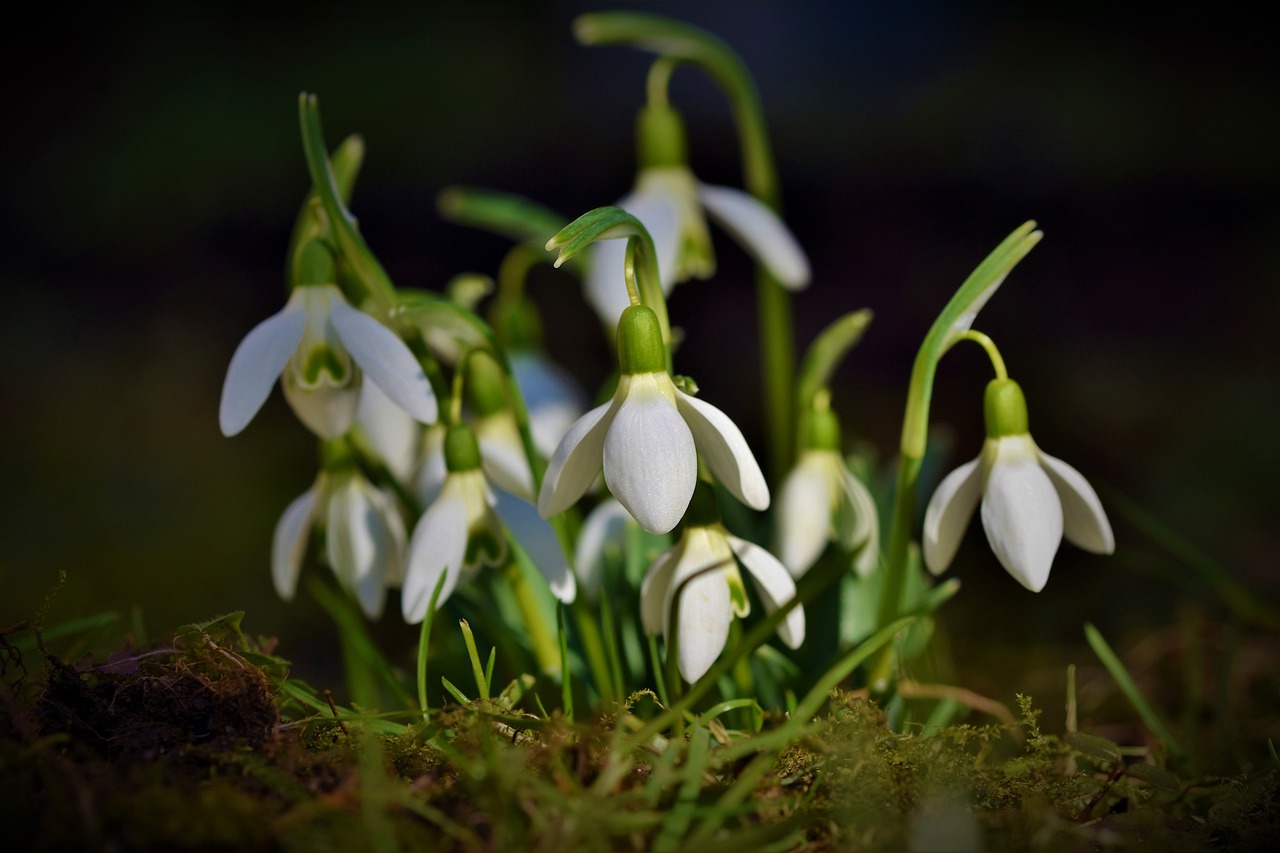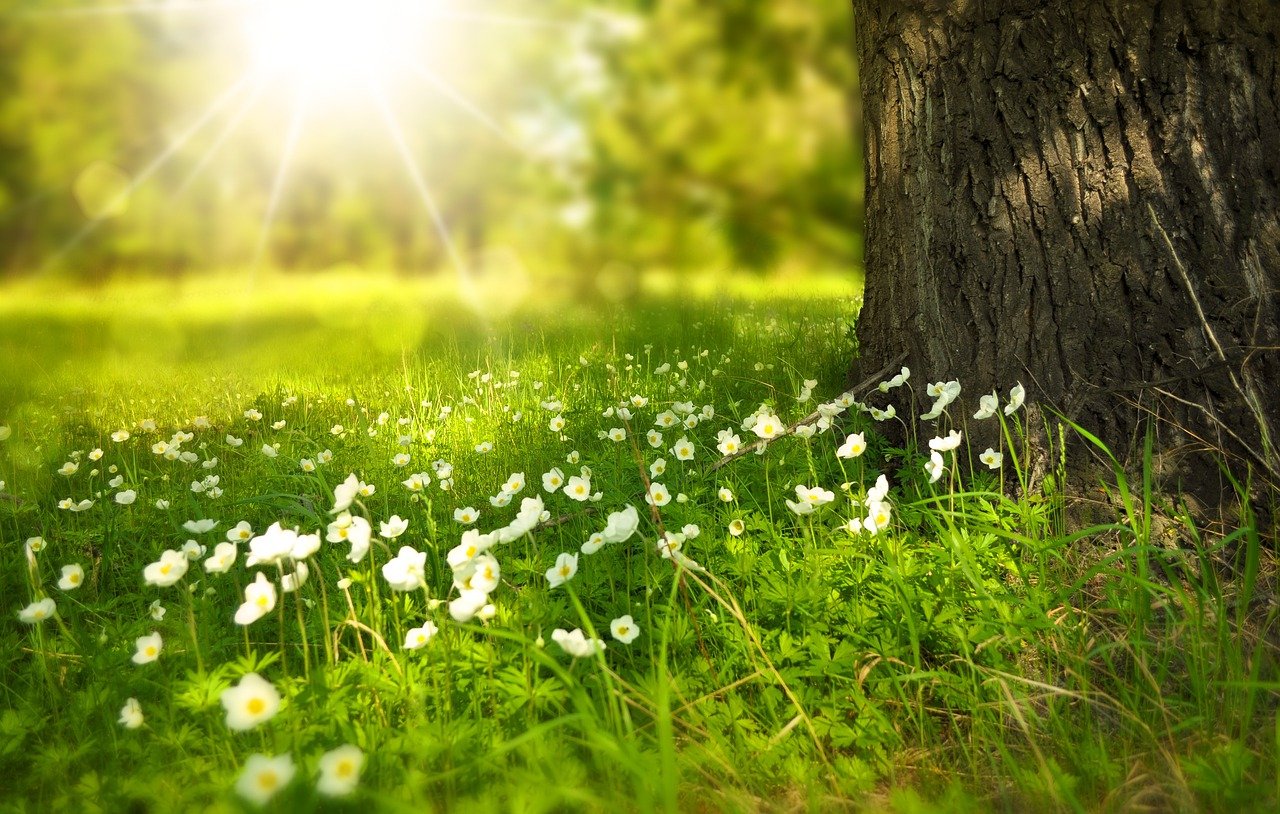For everyone’s well-being and health, fresh and green vegetables are necessary. Unfortunately, a lot of plants you buy from the supermarket grow and thrive with the help of pesticides, harmful chemicals, hormones, and a variety of other unnatural ways. Thus, eating these kinds of vegetables can cause more harm than good to your body.
The majority of people believe that the leading cause of today’s diseases is the harmful substances and chemicals present in food and ingredients. To reduce this problem, start by growing your vegetable garden. Spending a few hours to maintain and look after the garden is enough. You can also try these homemade organic pesticides. If your garden suffers from fungus, check this article.
Pest Problems
Pests are one of the leading problems when it comes to growing a fruit and vegetable garden. To help you, we have outlined 16 gardening hacks to keep pests away.
Choose pest-resistant seeds
These work great to keep harmful insects away from your plants. Research on which seeds are the best. Some heirlooms are robust against particular diseases and bugs. You can also ask a nearby research farm facility which seeds are the best suitable to keep pests away.
Be systemized
Systematically prepare your garden and plan landscape maintenance for removing pests. Opt for solarization. This method is done by clearing the yard of every plant in summer and till up to a maximum of 2 inches. Afterward, cover it with two layers of plastic sheets. By doing so, you increase the ground’s temperature to about 120 degrees. The heat will kill all the pests and their eggs.
Check potential pests
What are the typical pests around your area? Research on these and learn how to tackle them head-on. You can go around and ask the farmers, government agencies handling the agricultural sector, or the local websites dealing with the issue. Be prepared and tackle these pests in the season when they are at their worst.
Clear plant debris

Make sure to clear your garden of any plant debris as it is essential in keeping pests away. The waste can be a hiding place for pests. Some even consume these and thrive on them. One thing you can do is to improve your garden’s fertility by creating compost out of the debris.
Rotate vegetable items
When growing the same crops, again and again, causes pests to wreak havoc and multiply. Changing your crops after every season, will not only provide a better yield, but also helps in fighting pests. Take, for example; you can plant watermelon this season then a cabbage on the next season.
Grow multiple plant types
Having different types of plants will help in getting rid of pests. If you plant the same kind all around your garden, pests that love that plant will come and attack in groups. You reduce the risks of pests when you have multiple crops.
Learn about your enemy
When you know the type of pests that will attack your produce, you can plan and get ready when they come to destroy your garden. If you have plants that can grow at any season, you can plant them at times that are not preferred by pests. There are types of pests that love the summer while others like spring. You can grow your plants accordingly when you know the kind of pests that can attack your plants.
Plants get attracted to food

The smell of food also attracts pests. Animal waste and even kitchen waste are some examples. In a lot of situations, people use kitchen waste as a fertilizer for the garden. But doing so can attract a lot of pests. Make sure to check which food waste will not likely attract pests. Or you can let the waste food appropriately decomposed and mixed with soil to boosts its efficiency as a fertilizer. Let the decomposition matured before you use it on your plants.
Grow insect-repelling flowers
Certain types of flowers can repel pests. By planting these flowers, you can decrease the number of pests in your garden and also act as T100% natural pests control. Among the many plants, some examples are celery and broccoli. For herbs, we have cloves and garlic. Marigolds are the most popular bug repellent flowering plants, lavender, rosemary, petunia, and catnip are also common.
Spray
Soap can help get rid of pests, especially dishwashing soaps. Create a soapy solution and spray it on the pests. It is best to do this on a regular basis to reduce the infestation of pests significantly. Just make sure to use soap that is environment-friendly to avoid harmful effects on the plants. To help you do the job, you can get landscape maintenance to make the job easier, especially when it comes to designing your garden.
Go Physical
The most active hours of pests are during the morning and evening. Try to spend some time to remove or kill the pests on the leaves physically. Doing so will help you harvest a good crop. After this, let your lawn sprinkler do its job by rinsing off the residues of pests.
Remove the weeds

At regular intervals, remove the weeds from your garden. Aside from stealing nutrients and fertilizers for your plants, they provide a hiding place for pests. Observe which plants or soil have the most weed, you might need to replace its habitat to avoid incurring weeds.
Prune
When you do your daily check, see to it that you prune and remove any signs of pest infestation on any of your plants’ leaves and branches. Applying pesticides to the affected area may be necessary. As much as possible, it is best to use organic pesticides to avoid any harm that chemical-based pesticides can cause.
Always go organic
Instead of using chemical-based fertilizers, you can use compost from your kitchen waste as a source of your plant’s nutrition. Avoid using insecticides and practice an organic planting system especially when you and your family are eating the fruits and vegetables that grow in your garden. It is also a great practice to keep away from toxic chemicals. You can also help lessen the bio print and conserve the environmental resources by using organic and natural products.
Bring in the coffee
One of the most recommended garden hacks on the internet is adding some used coffee grounds to your garden. It increases the acidity of the soil for acid-loving plants, adds nitrogen to the land and works as a pesticide as a lot of creatures cannot stand coffee grounds. Slugs hate coffee. So, the next time you brew your coffee, do not put the used coffee grounds in the trash.
Boil citrus
For ant infestations, boil citrus peels in water and pour some on susceptible areas to dissuade the colonies. You can also try the water from a pot of cooked sweet potato leftovers.
Conclusion
In summary, gardening can be hard when there are a lot of pests attacking your crops. You lose harvesting delicious fruits and vegetables. Applying insecticides and harmful chemicals can even do more harm than good. It is best to implement the above gardening hacks and going organic to ensure your plants’ high quality during harvest season. What about you? What procedures have you done that worked and entirely removed the pests?






